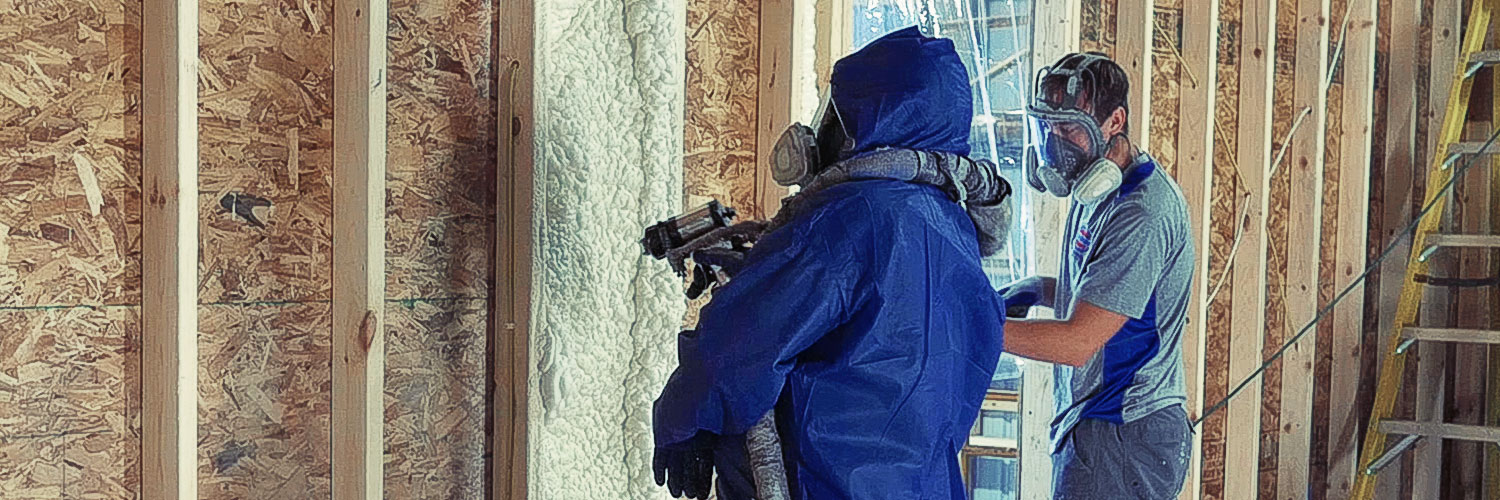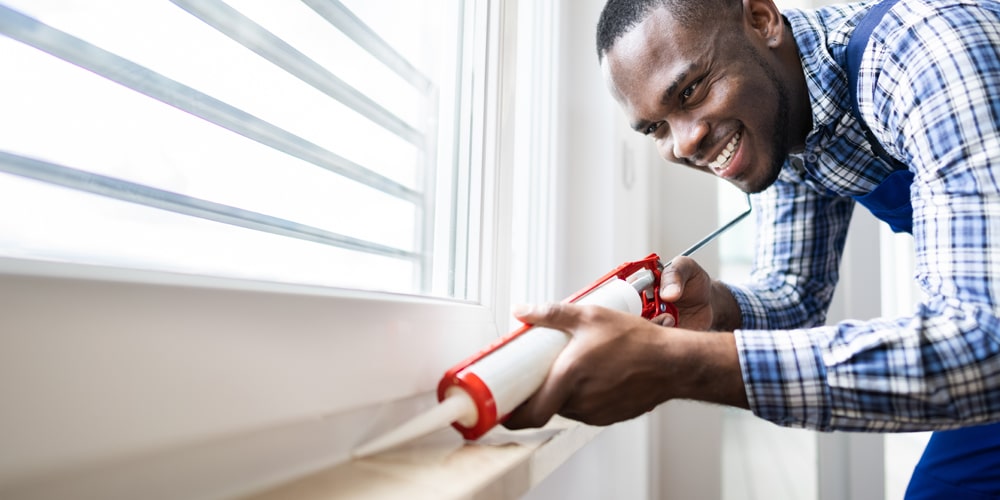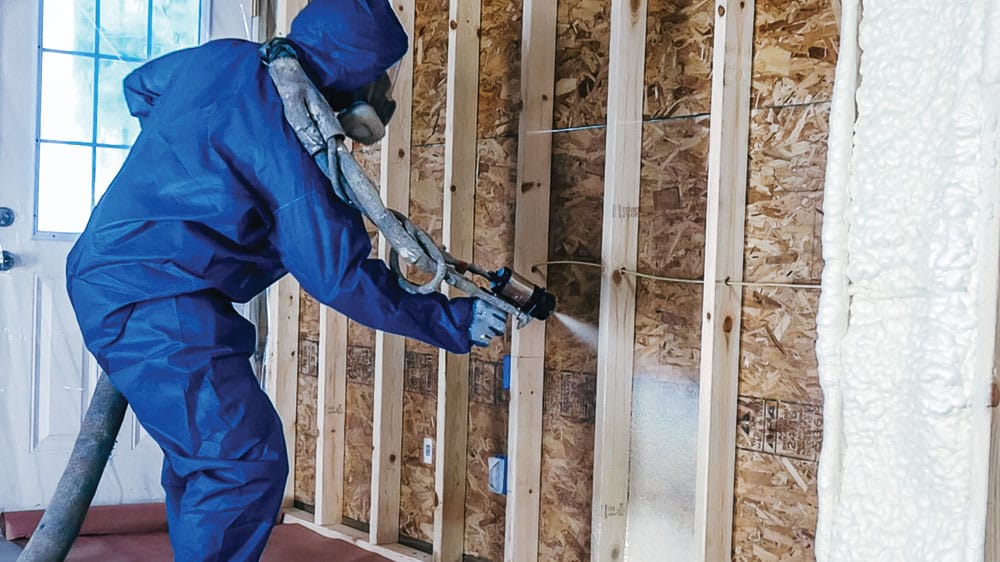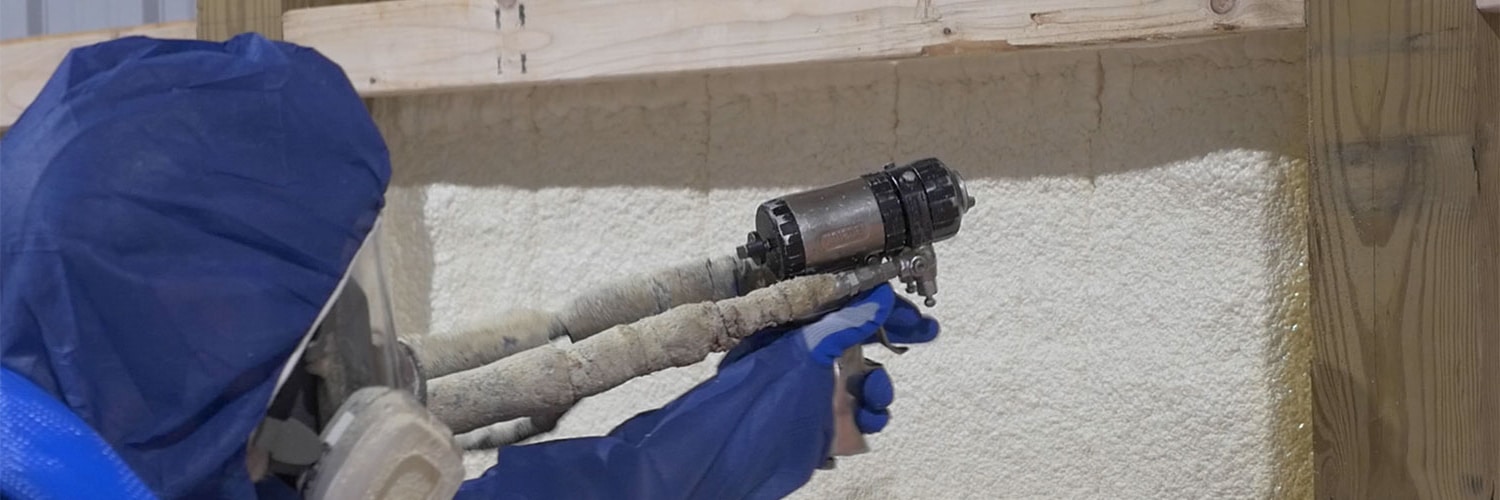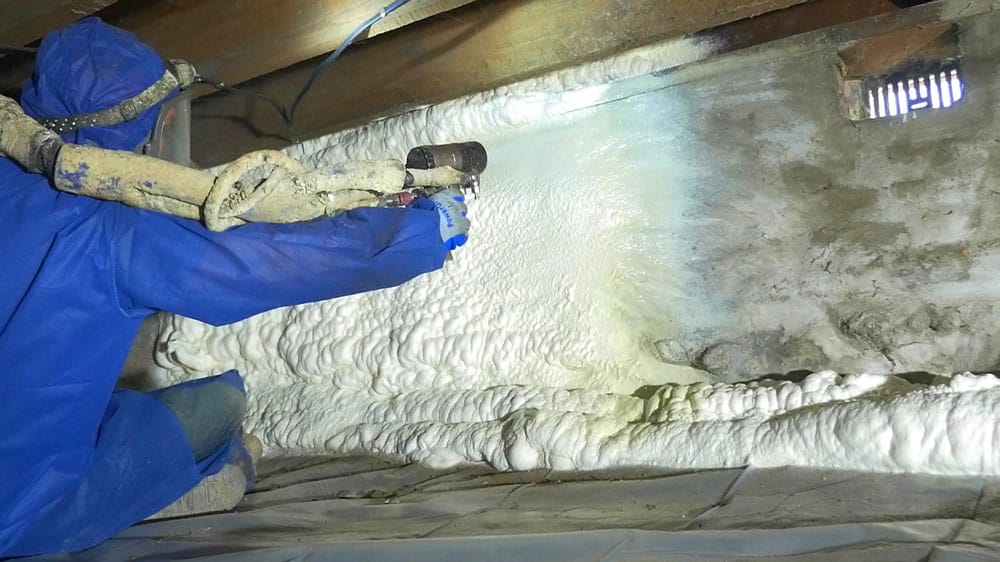Building a new home is an exciting journey filled with countless decisions.
Among those decisions, one of the most critical is choosing the best insulation for new construction. Insulation plays a vital role in ensuring your home is energy-efficient, comfortable, and cost-effective to maintain.
With so many insulation options available, it’s important to understand which materials work best for new construction homes. Let’s dive into the options and help you determine the best type of insulation for new home construction.
Why Insulation Matters in New Home Construction
The insulation you choose for your new home impacts more than just comfort.
It’s a long-term investment in energy efficiency, monthly savings, and even the durability of your home.
Reducing air leakage is key to making your home energy-efficient. The U.S. Department of Energy states that air leaks can account for nearly 30 percent of a home’s heating and cooling costs. By creating a proper air seal, you’ll minimize drafts, reduce energy bills, and prevent moisture issues that could lead to mold or mildew.
Best Insulating Materials for New Construction Homes
The most commonly used insulation materials for new builds include spray foam, fiberglass, and cellulose.
Each has its advantages and disadvantages, so let’s explore how these materials work for different areas of your home.
Best Attic Insulation for New Homes
Attics are a major source of heat loss in homes, so it’s essential to choose insulation that will keep your home comfortable year-round.
For Pittsburgh’s varying climate, here are some of the best options.
- Cellulose Insulation: Made from recycled materials, cellulose is eco-friendly and affordable but can settle over time and lacks an air seal.
- Fiberglass Insulation: While inexpensive, fiberglass allows airflow and does not create an air seal, making it less effective for energy efficiency.
- Spray Foam Insulation: Open cell spray foam is highly energy-efficient, expanding to fill all gaps and creating an air barrier. It prevents air leakage, reduces energy costs, and resists mold growth.
Spray foam is the top choice for homeowners seeking the best energy-efficient insulation for their attic despite its higher cost.
Best Open-Wall Cavity Insulation for New Homes
Insulating the open wall cavities in your new home ensures there are no drafts or cold spots.
Here are some of the most common open-wall cavity insulation options.
- Wet Applied Cellulose: This method involves spraying cellulose mixed with a bonding agent into the wall cavities. While better than fiberglass, it still doesn’t create a full air seal.
- Fiberglass Batts: While cost-effective, fiberglass batts allow air movement and don’t provide the same energy savings as spray foam.
- Spray Foam Insulation: Open cell spray foam creates an air barrier, preventing air movement and improving energy efficiency. It’s flexible and moves with your home as it settles, making it ideal for Pittsburgh homes.
For the best system of insulating exterior walls in new home construction, spray foam is the most effective choice, particularly for long-term energy savings.
Best Crawl Space and Rim Joist Insulation for New Homes
Cold floors, drafts, and moisture issues often stem from poorly insulated crawl spaces and rim joists.
Here are the best insulation options for crawl spaces and rim joists when building a new home.
- Fiberglass Insulation: While cheaper, fiberglass is water-sensitive, retains moisture, and can promote mold growth if it becomes wet.
- Spray Foam Insulation: Creates an air seal and resists moisture, preventing mold and mildew growth.
The Building Science Corporation recommends foam-based insulation for crawl spaces and rim joists to avoid moisture issues and maintain energy efficiency.
Meeting Pittsburgh Building Codes with Spray Foam Insulation
Meeting local building codes is a must when building a new home near Pittsburgh.
Many builders focus on the prescriptive requirements for insulation, but there’s an alternative: the performance method.
Using materials like spray foam insulation, which provides an air seal, can help your home pass building codes through performance-based compliance. Spray foam’s benefits go beyond R-Values, making it a superior energy-efficient choice.
Cost-Effective Insulation Options for New Homes
While spray foam insulation is an upfront investment, its long-term energy savings often outweigh the initial cost.
If budget constraints are a concern, consider focusing spray foam on key areas like the attic, walls, and rim joists while using traditional insulation elsewhere.
Choosing the Best Insulation for New Home Construction in Pittsburgh, PA
When deciding on insulation for new home construction, consider your goals: energy efficiency, comfort, or cost-effectiveness.
For homeowners near Pittsburgh, spray foam insulation consistently delivers the best results, creating an air barrier that improves comfort and reduces energy costs.
Insulating your home is one of the most important decisions you’ll make during the building process. With the right materials and professional installation, your new home will provide comfort and energy savings for years to come.
Ready to Insulate Your New Build?
If you’re building a home near Pittsburgh and want the best in insulation, RetroFoam of Pittsburgh is here to help.
With years of experience in insulating new homes, we’ll work with you to create a comfortable, energy-efficient space for your family.
Contact us today to schedule a consultation and get started on making your dream home a reality.

